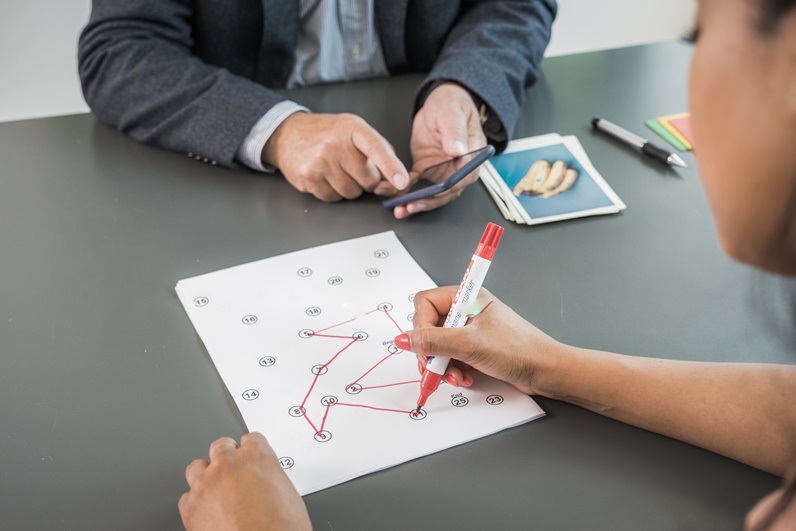Speciality consultation hours
Neuropsychology deals with methods for diagnosis and therapy of higher brain functions. Higher brain functions include attention and concentration, memory, language and mathematical skills, but also reaction and processing speed in thought processes, disease processing, problem solving, planning and emotional processes.
Neuropsychological testing is helpful for diagnosis and validation of cognitive impairment, dementia typing or assessment of deficits after traumatic brain injury and stroke. In many cases, neuropsychological diagnostics are also helpful for planning of neurosurgical interventions, e.g. in the case of an epilepsy, or for medical reports such as professional suitability, driving license etc.
Finally, neuropsychological fields of expertise also include training of attention, perception and memory, as well as disease processing, social competence and the handling of problematic situations.

